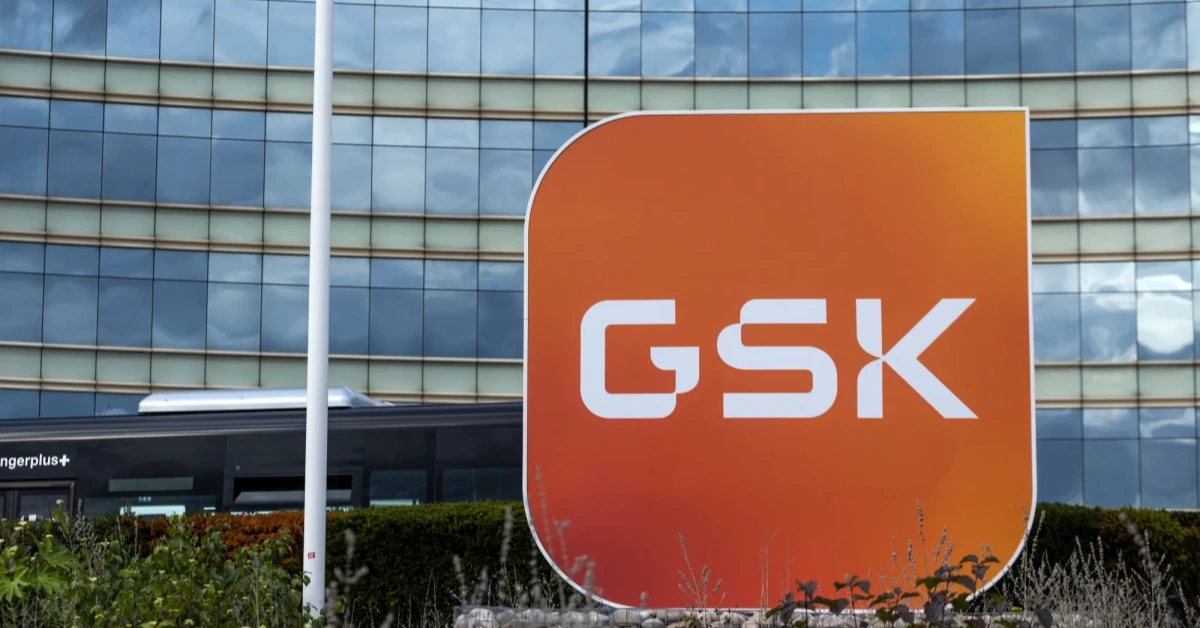
U.K. – After its withdrawal from the market in 2022, GSK’s Blenrep (belantamab mafodotin) is on the verge of re-entering the fight against multiple myeloma.
The U.S. Food and Drug Administration (FDA) has accepted a Biologics License Application (BLA) for Blenrep in combination therapies, signaling a potential revival for this monoclonal antibody treatment.
Blenrep, a first-in-class anti-B-cell maturation antigen (BCMA) therapy, targets BCMA—a protein found on the surface of plasma cells—and delivers a cytotoxic agent, Monomethyl auristatin F, to destroy these cells. It also boasts immunomodulatory properties, enhancing its therapeutic appeal.
Initially approved in 2020 for relapsed or refractory multiple myeloma patients who had exhausted other therapies, Blenrep addressed a critical unmet medical need.
However, it was withdrawn in 2022 after failing to show significant superiority over pomalidomide and dexamethasone in a Phase III confirmatory study.
The European Medicines Agency (EMA) followed suit in 2023, not renewing its conditional marketing authorization.
The path to reapproval
Despite its market withdrawal, Blenrep’s clinical development never stalled.
GSK redesigned its approach by combining the drug with bortezomib (Velcade) and dexamethasone, as well as pomalidomide (Pomalyst) plus dexamethasone, in trials targeting patients who had received at least one prior line of therapy.
The results of these trials—DREAMM-7 and DREAMM-8—form the basis of GSK’s latest FDA application.
Both Phase III studies met their primary endpoints, demonstrating significant improvements in progression-free survival (PFS) compared to standard treatments.
Secondary efficacy endpoints and safety profiles also showed promising results, offering hope for patients and healthcare providers alike.
The FDA has set a Prescription Drug User Fee Act (PDUFA) action date of July 23, 2025, to decide on the drug’s fate.
The competitive landscape
If approved, Blenrep’s new combination therapies will enter a fiercely competitive space dominated by other BCMA-targeted treatments.
Johnson & Johnson’s Tecvayli (teclistamab) and Legend Biotech’s BCMA CAR-T therapy, Carvykti (ciltacabtagene autoleucel), are leading contenders.
Forecasts suggest that while Blenrep is expected to generate US $1.4 billion in annual revenue by 2030, Tecvayli and Carvykti are projected to earn US $6.4 billion and US $5.9 billion, respectively.
However, Blenrep’s off-the-shelf intravenous (IV) formulation could offer a significant edge over CAR-T therapies, which require complex manufacturing, hospitalization, and step-up dosing.
The burden of Multiple myeloma
Multiple myeloma, a rare and incurable cancer of plasma cells, represents a growing healthcare challenge.
By 2032, it is estimated that there will be 305,020 diagnosed prevalent cases across major markets, including the U.S., Europe, Japan, and China, according to GlobalData.
In a statement, Hesham Abdullah, Senior Vice President and Global Head of Oncology R&D at GSK, emphasized the importance of advancing treatments: “Relapsed/refractory multiple myeloma treatment could be transformed by additional, efficacious treatment options with manageable side effects and community-based administration.”
XRP HEALTHCARE L.L.C | License Number: 2312867.01 | Dubai | © Copyright 2025 | All Rights Reserved